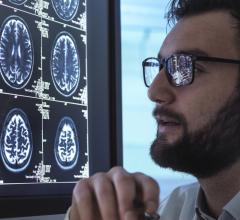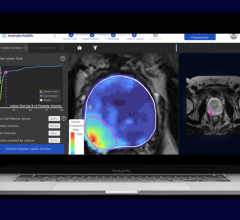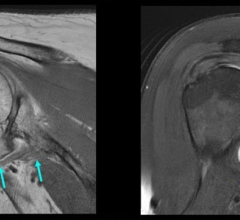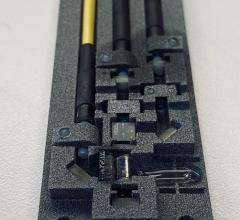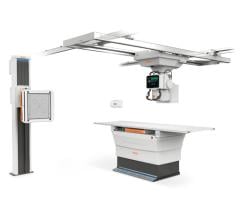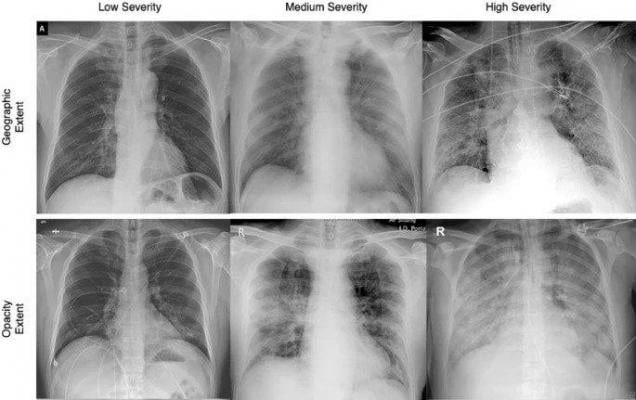
Chest X-rays used in the COVID-Net study show differing infection extent and opacity in the lungs of COVID-19 patients. Image courtesy of University of Waterloo
June 3, 2021 — Artificial intelligence (AI) technology developed by researchers at the University of Waterloo is capable of assessing the severity of COVID-19 cases with a promising degree of accuracy.
A study, which is part of the COVID-Net open-source initiative launched more than a year ago, involved researchers from Waterloo and spin-off start-up company DarwinAI, as well as radiologists at the Stony Brook School of Medicine and the Montefiore Medical Center in New York.
Deep-learning AI was trained to analyze the extent and opacity of infection in the lungs of COVID-19 patients based on chest X-rays. Its scores were then compared to assessments of the same x-rays by expert radiologists.
For both extent and opacity, important indicators of the severity of infections, predictions made by the AI software were in good alignment with scores provided by the human experts.
Alexander Wong, a systems design engineering professor and co-founder of DarwinAI, said the technology could give doctors an important tool to help them manage cases.
"Assessing the severity of a patient with COVID-19 is a critical step in the clinical workflow for determining the best course of action for treatment and care, be it admitting the patient to ICU, giving a patient oxygen therapy, or putting a patient on a mechanical ventilator," Wong said.
"The promising results in this study show that artificial intelligence has a strong potential to be an effective tool for supporting frontline healthcare workers in their decisions and improving clinical efficiency, which is especially important given how much stress the ongoing pandemic has placed on healthcare systems around the world."
A paper on the research, Towards computer-aided severity assessment via deep neural networks for geographic and opacity extent scoring of SARS-CoV-2 chest X-rays, appears in the journal Scientific Reports.
For more information: www.
Find more RSNA COVID-19 resources
PHOTO GALLERY: How COVID-19 Appears on Medical Imaging
VIDEO: How to Image COVID-19 and Radiological Presentations of the Virus — Interview with Margarita Revzin, M.D.

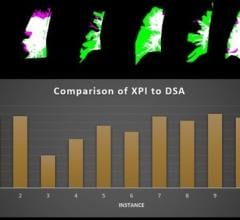
 May 17, 2024
May 17, 2024 

